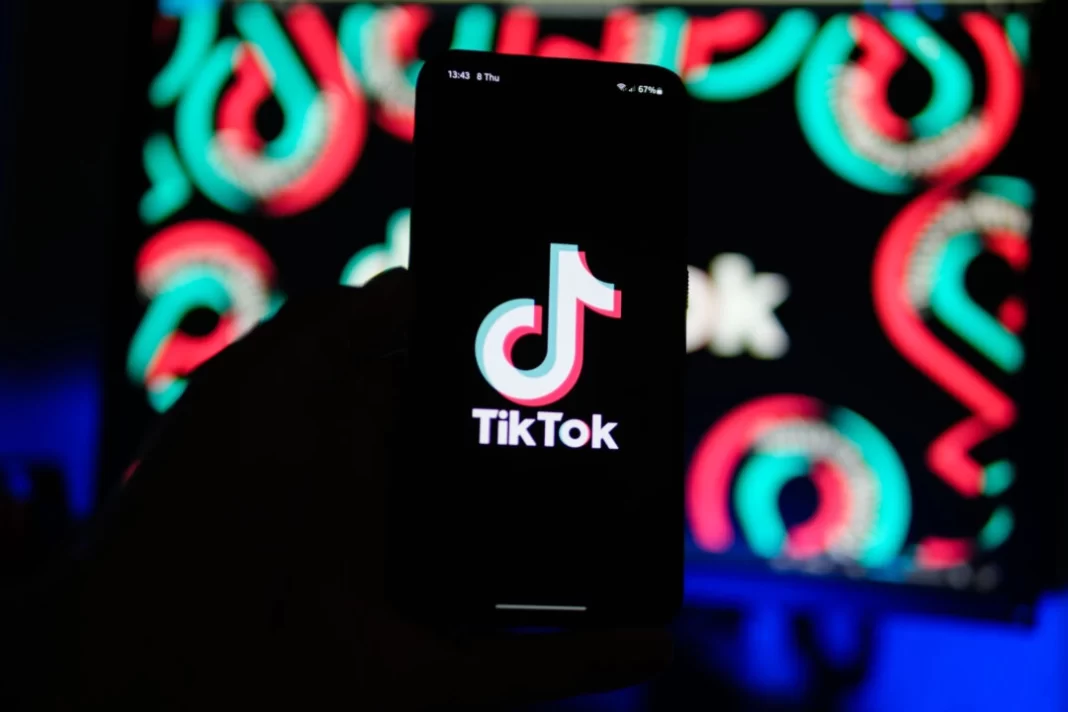Should no major structural changes occur within TikTok’s ownership, the app will be forced to cease operations in the United States on Jan. 19.
For years, questions about security have surrounded the popular social media app TikTok because of its ties to the Chinese Communist Party (CCP).
Now, American users are facing a national ban due to the Supreme Court’s Jan. 17 decision to uphold a lower court’s law requiring the parent company, ByteDance, to either divest ownership or shut down in the United States.
Should no major structural changes occur within TikTok’s ownership, the app will be forced to cease operations in the United States on Jan. 19.
TikTok, which was brought to life in China in 2016 and officially launched in the United States in 2018, grew exponentially following TikTok’s acquisition of Musical.ly in November of 2017.
Even before the massive growth of TikTok in the United States in 2020, Sen. Marco Rubio (R-Fla.) called attention to security concerns with the operation and growth of Chinese-owned apps in the United States in an Oct. 9, 2019, letter to then-Treasury Secretary Steven Mnuchin.
Rubio said that Chinese-owned apps, such as TikTok, “are increasingly being used to censor content and silence open discussion on topics deemed sensitive by the Chinese government and Communist Party.”
The Peterson Institute for International Economics (PIIE) estimated in late 2019 that there were 400 million TikTok users in China, 80 million in the United States, and 120 million across other nations.
As a result of the worldwide COVID-19 lockdown, the social media platform saw tremendous growth by 2023, with more than 170 million monthly users in the United States, uploading 5.5 billion videos that obtained 13 trillion views.
Half of those views took place outside the United States, and domestic viewers took in foreign-originating content over 2.7 trillion times in the same year.
The Department of Justice began its court battle with TikTok following the Protecting Americans from Foreign Adversary Controlled Applications Act (Divestiture Act), which was signed into law in April of 2024 by President Joe Biden as a part of the foreign aid package.









